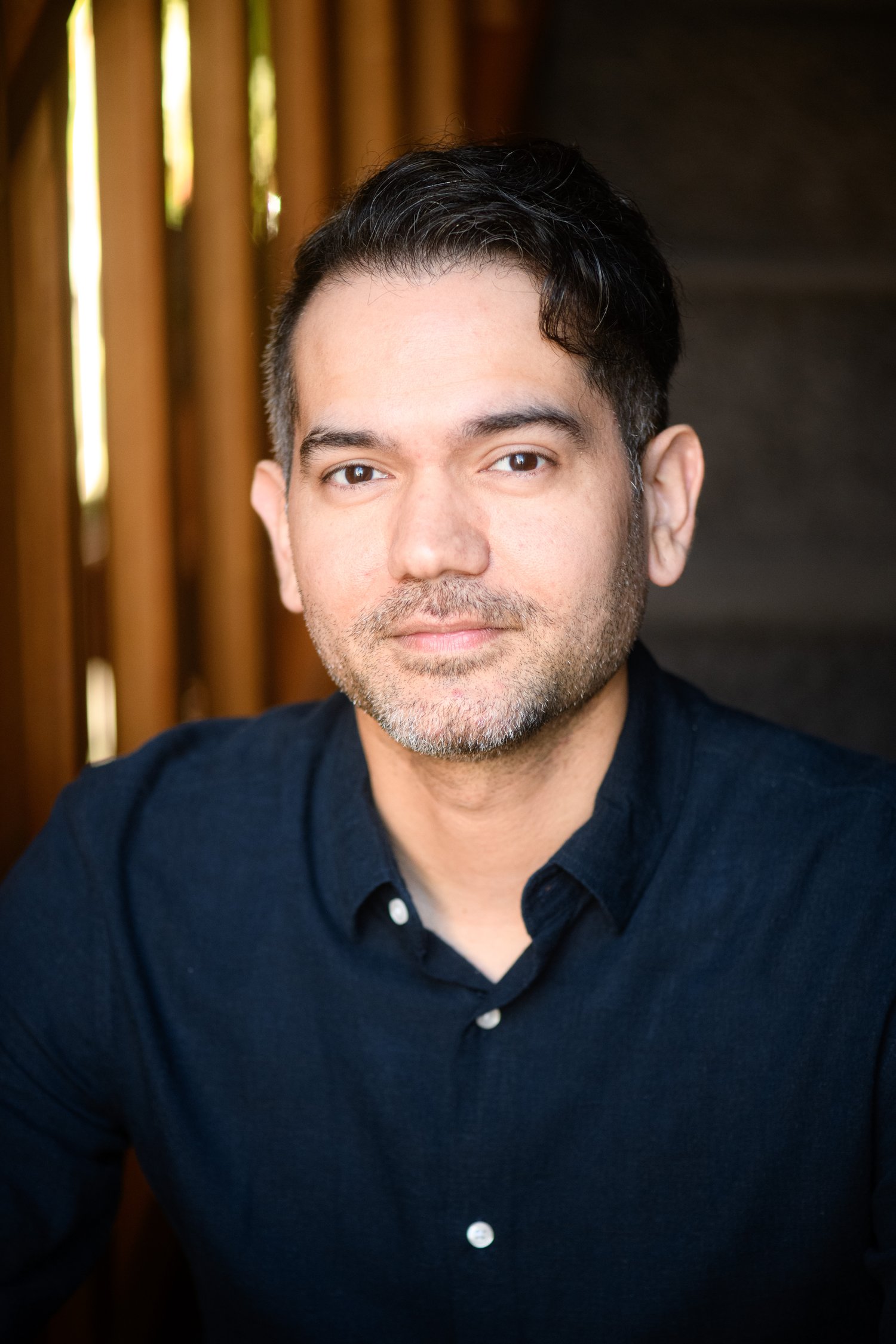Some Thoughts with ... Aman J. Bedi
28 Aug 2024The Author/s

Aman J. Bedi
Aman was born in Mysore, India. He grew up in Vizag, studied in Bangalore, lived in Bangkok, completed a PhD in experimental psychology at the University of Canterbury, and has settled (for now) in Melbourne, Australia. His writing draws from modern Indian history and is influenced by writers and artists like David Gemmell, Brandon Sanderson, Takehiko Inoue, and Kentaro Miura.
The Interview
1.- Could you introduce yourself to Jamreads’ readers?
Hi Jamreads readers! Thanks so much for having me. I’m Aman, debut author of KAVITHRI, an adult fantasy novel published by Gollancz.
I’ve been a lifelong reader of fantasy: starting off with comic book adaptations of the Indian epics as a child, then finding Robert Jordan and David Gemmell in high school, and subsequently being addicted to the worlds of Malazan and the Cosmere as an adult. I also read a lot of manga and watch a lot of anime, and although not blatantly obvious, both have been major inspirations in my writing.
2.- What made you decide to write?
It was initially an outlet (at night) to escape a really difficult time in my life. But as I wrote, I realized two things: One, I was having fun. And two, I actually had something to say. I asked myself: am I going to spend the rest of my life consuming stories that other people have created? Stories that — in the SFF genre anyway — very rarely reflected my reality or the life I’ve led. Or would I sit down at my desk for a couple of hours every day and breathe life into one of my own? I decided on the latter.
3.- How did the idea of Kavithri appear?
I’ve always wanted to read a book like Kavithri so the basic concept — colonized, displaced, and oppressed group of warrior people who are forced to give up their swords and live hand to mouth in a foreign land— was in my head for quite some time. But the narrative only found focus when I decided to ground the story around a single character, a descendant of these displaced people, who would rather break than bend; and then set in a world that was familiar to me: a reimagined post-independent India (with steam-tech and magic).
4.- Could you tell us more about the process of querying with such a special novel as Kavithri?
I extensively researched agents who would be open to reading a novel like Kavithri. I wrote and rewrote my query letter hundreds of times. I submitted in batches of five and then rewrote my query letter again after each rejection. In the end, I think I got really lucky with my agent. There are far better writers than me who’re still querying.
We then went on submission to publishers in the US and UK. Got soundly rejected in the US (I have my theories as to why, but in the famous words of Jose Mourinho, I prefer not to speak), but thankfully there was interest from UK publishers and we decided to go with Gollancz.
5.- Are the Taemu inspired by any real historical population?
I took some inspiration from the Bridgeburners in the Malazan book of the Fallen, and Bridge Four in the Stormlight Archive, but I did not base the Taemu on any real historical population. There are elements of the Gorkhas, the Harkis, the Norse Berserkers, and the Indian caste system in the story, but the Taemu themselves are a result of many, many hours of day-dreaming.
6.- Kavithri is a gritty story, one that doesn’t hide the worst parts of humanity. Was it challenging writing all those passages?
It definitely was. But I felt it was important not to shy away from it. As a debut writer, you can fall into this trap of trying to please everyone/not offending anyone, which will more often than not result in a stale and uninspiring work. I decided that I would rather form a powerful connection with readers like me, than be dishonest with my writing and pander to a larger readerbase.
7.- Do you think non-European centric fantasy is getting a bigger spotlight recently? Which books would you recommend to people that loved it?
I think a specific kind of non-European centric fantasy is getting a spotlight. The industry seems to favor non-European fantasy written for the Western reader (which makes sense since it’s the largest market). It’s why — with a few notable exceptions — you might pick up, for example, an Indian inspired fantasy and find that the characters speak like they’re in a British period drama or a Hollywood movie. When in reality, Indian English, like the English spoken in Malaysia, Singapore, or Nigeria, has its own set of idiosyncrasies and sounds nothing like it. I’m hopeful that this will change in the future.
Non-European centric SFF I would recommend: anything written by Samit Basu, The Spice Gate by Prashanth Srivastava, The Dance of Shadows by Rogba Payne, and the fiction of Wole Talabi.
8.- What can we expect from Aman J. Bedi in the future?
More books! The sequel to Kavithri, CITY OF JACKALS, is complete and set for release in March, 2025. I plan to take a month or so to catch up on some reading, reset, and then get started on a new project.
